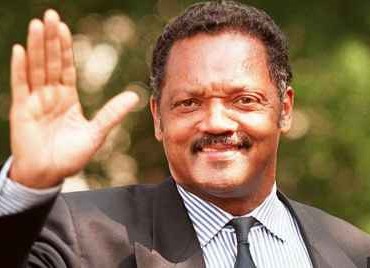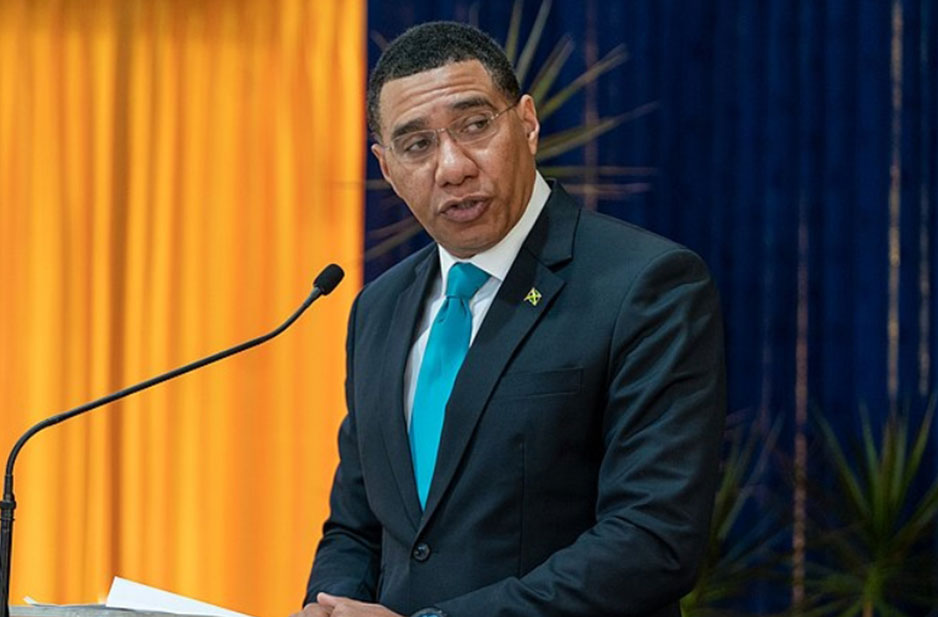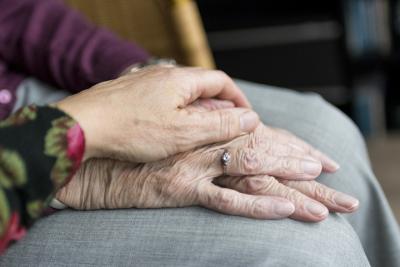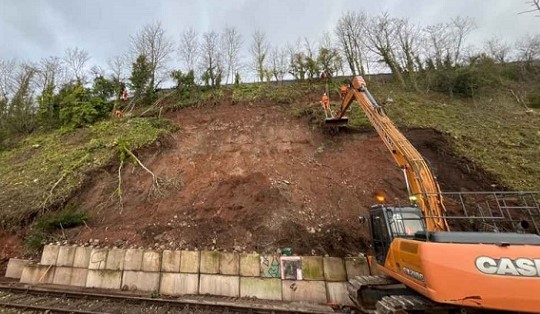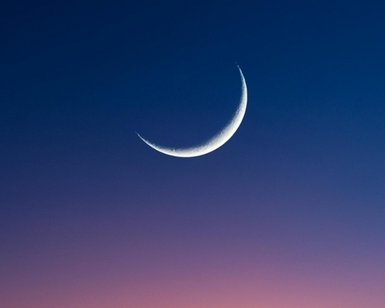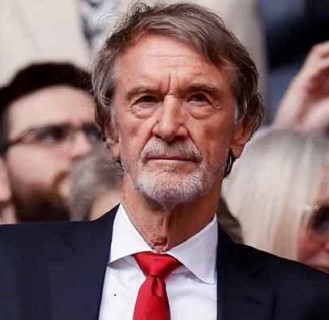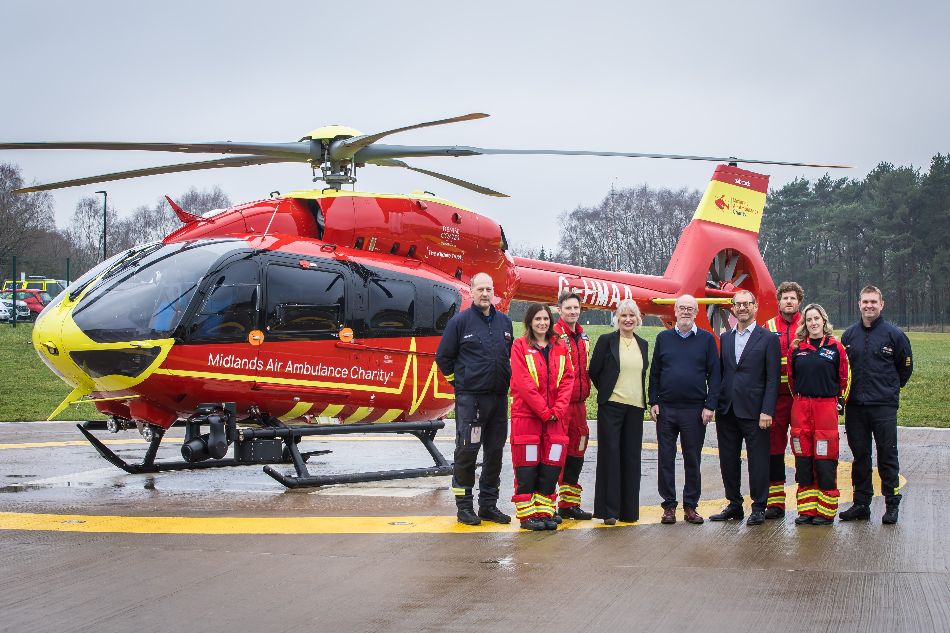Jamaica's ruling Jamaica Labour Party (JLP) was re-elected with a landslide victory after Prime Minister Andrew Holness called for an early vote in what was seen as a bid to capitalise on people's satisfaction with his economic agenda and early response to the coronavirus pandemic. His centre-right party won 49 of 63 seats - one of the largest margins of victory in decades, but also one of the lowest voter turnouts at 37% - in the parliamentary election.
With face masks and temperature checks made compulsory in polling stations the campaign was dominated by discussions over the economy, how to fight crime and the Covid-19 pandemic.
Despite the victory, he continues to face criticism amid an increase in coronavirus cases as restrictions in the country were lifted.
After seeing his JLP gain 16 seats he said: "There is cause for celebration, but there is also significant cause for consideration.
"There are many Jamaicans who did not participate, there are many Jamaicans, who for fear of the virus, did not come to the polls, but for other reasons, apathy, frustrations, decided not to participate."
Also, despite facing criticism over high rates of crime and violence, and alleged corruption among public officials, Holmes, who has been Prime Minister since 2016, did highlight that up to 100,000 jobs had been created during his time in office while 22,000 Jamaicans had had the chance to buy their own homes. He also highlighted tax cuts, and that poverty was at its lowest level in 10 years.
He defended his decision to call the election six months ahead of schedule despite the pandemic, and rejected claims by opponent and leader of the People's National Party (PNP), Peter Phillips, that he had ignored expert advice.
PM Holness became Jamaica's youngest prime minister, at the age of 39, in 2011, but lost an election to the country's first female leader Portia Simpson Miller.


